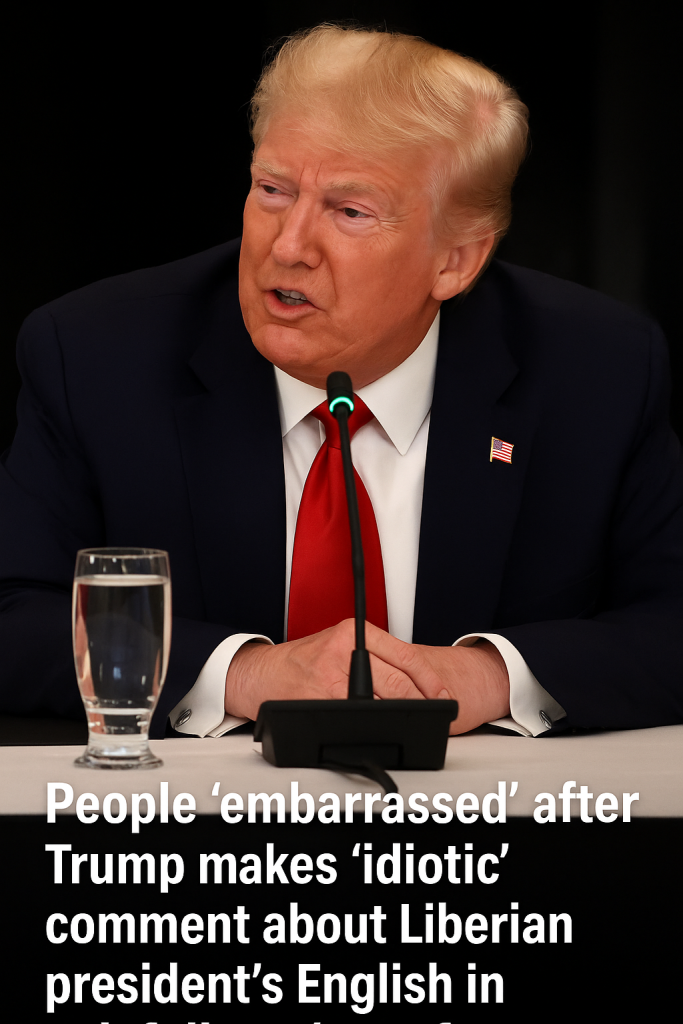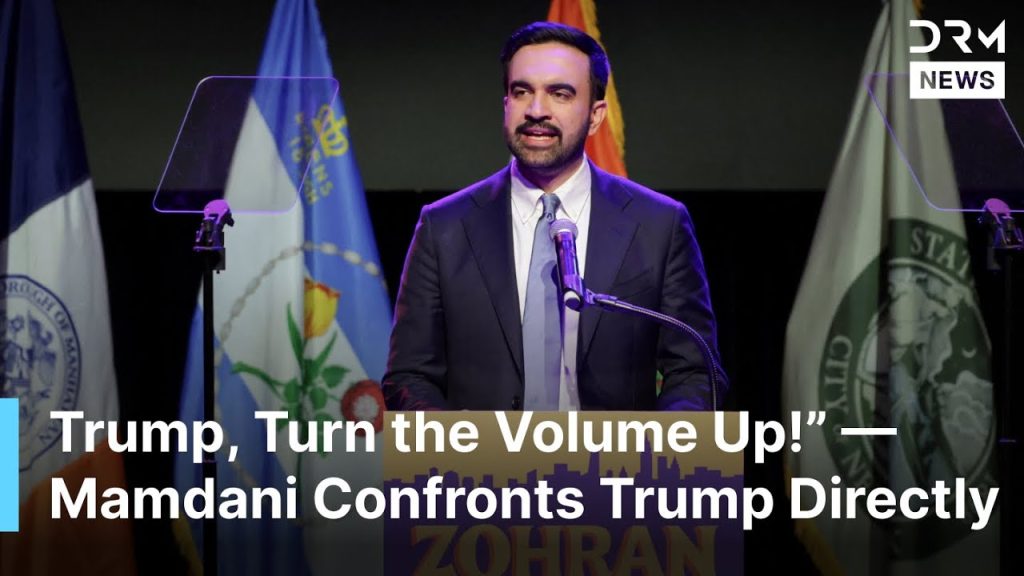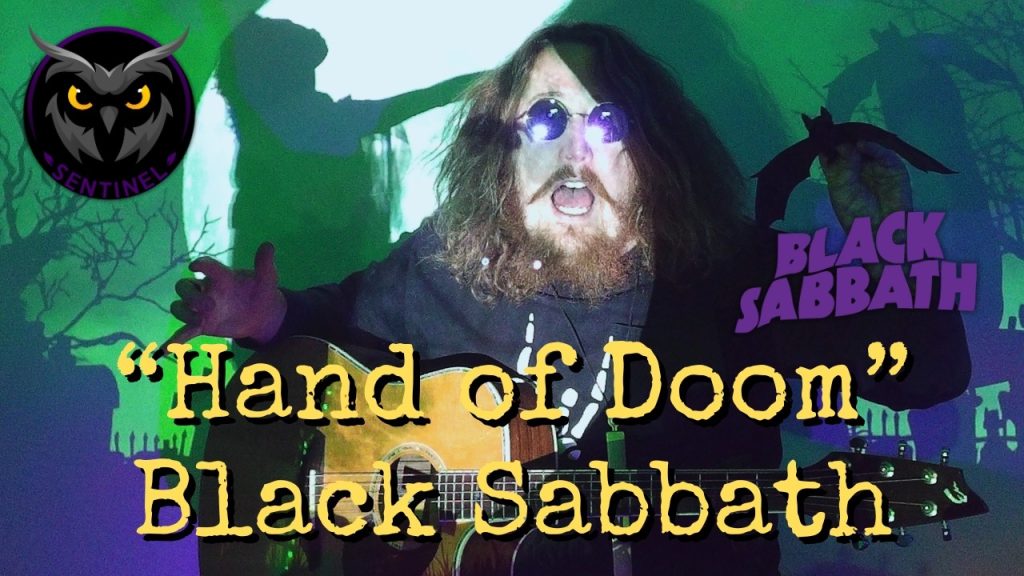In a moment that quickly went viral across social media, former President Donald Trump found himself at the center of controversy after making an awkward and widely criticized comment about the English proficiency of Liberia’s president. The incident, which took place during a recent public appearance in April 2024, has drawn sharp rebukes both domestically and internationally, with many calling the remarks “embarrassing” and “idiotic.”
The uncomfortable exchange occurred during a forum where Trump was addressing international relations and African leadership. While attempting to comment on Liberia’s political landscape, Trump referred to the Liberian leader’s command of the English language in a manner that was seen as both disrespectful and dismissive. Observers noted that the Liberian president, whose English is widely understood to be fluent given Liberia’s official language status, was met with an unnecessary and puzzling critique.
Specifically, Trump reportedly questioned the president’s use of English, drawing laughter and awkward glances from the audience, which included diplomatic guests from various countries. This led to a palpable sense of discomfort in the room, with many attendees expressing embarrassment over the incident. Video clips of the moment quickly circulated on social media platforms, garnering millions of views and igniting debates about the appropriateness of Trump’s remarks.
The backlash was swift and vocal. Political commentators and public figures from diverse backgrounds condemned the comments as insensitive and diminishing. Some critics highlighted that such statements undermine diplomatic efforts and mutual respect crucial for international cooperation. Given Liberia’s historical ties to the English-speaking world—stemming from its founding by freed African-American slaves in the 19th century—the president’s proficiency in English was widely understood to be exemplary.
Furthermore, the incident has sparked renewed debates on the implications of language-based criticism by world leaders. Experts in diplomacy stress that leaders should exercise caution and cultural sensitivity, especially when discussing matters related to national identity and communication abilities.
Trump’s political opponents seized on the moment to question his fitness to engage in nuanced international dialogue, particularly as the 2024 election cycle intensifies. Supporters, however, attempted to downplay the incident, suggesting it was either misconstrued or taken out of context.
Despite the divided reactions, many agree on one point: the comment was a tough watch for anyone hoping for respectful and constructive discourse in global politics. Analysts indicate that in an era where social media instantaneously amplifies such moments, political figures must remain vigilant about their words — especially when addressing foreign dignitaries.
As for the Liberian president, no official statement addressing the comment has been released, but sources close to the administration have described the incident as disappointing and unhelpful to bilateral relations. Diplomatic observers note that such moments can strain ties, even if unintentionally.
In sum, this recent episode serves as a stark reminder of the power of language and the importance of cultural respect on the world stage. It also highlights how quickly a single comment can dominate headlines and become a focal point in the ongoing conversation about leadership, communication, and respect in international affairs.



